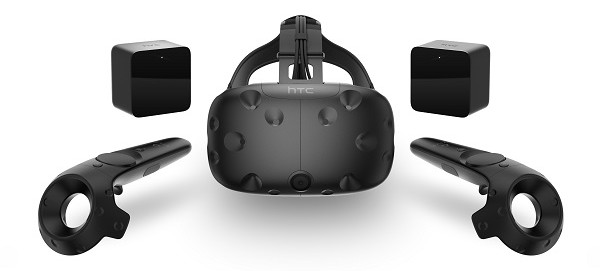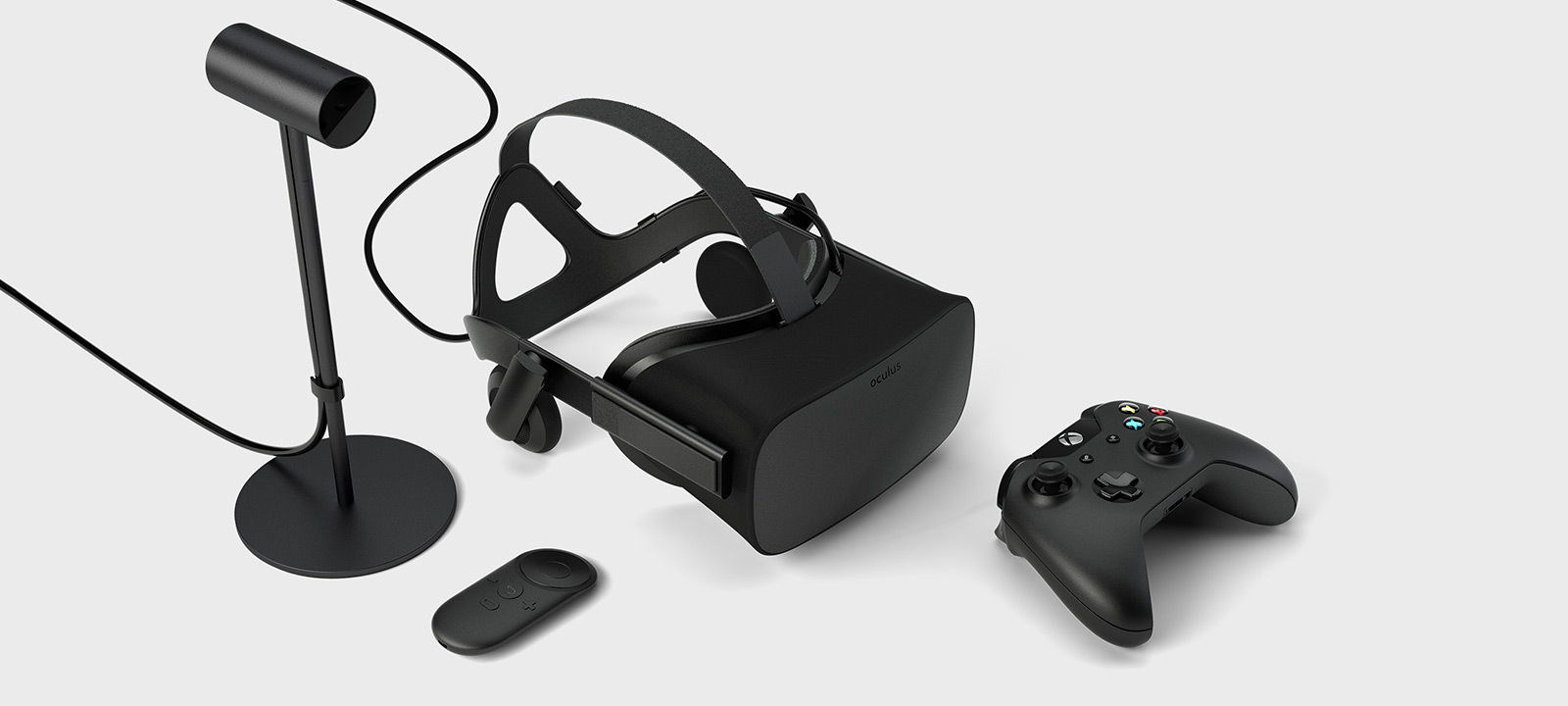Oculus has backed down in the face of a massive internet uproar. The company has quietly removed its VR headset checking DRM, allowing users of the HTC Vive to resume access to its content.
The furore began last month when users of the popular Revive hack – which allows HTC Vive users to emulate and run Oculus apps – stopped working last month. It turned out that Oculus had implemented checks that required a working Rift headset; or it would lock the content. Until that point, Revive users were not doing anything illegal; as they had actually purchased the content from the Oculus store.
Naturally, a large portion of the people who had spent money on Oculus apps were angry. This lead to the Revive team implementing a workaround that allowed Vive users to simply pirate the locked content.

Interestingly, Oculus failed to inform anyone of the change DRM; just like it did when it implemented the system in the first place. The lack of DRM was only noticed by the head of the Revive development team who posted the information to GitHub. Oculus has since confirmed the change.
The Revive hack has also similarly backed down from its measures against Oculus’ DRM and removed the anti-check system. Returning the situation to the way it was before the Facebook owned Oculus decided lock people out of its eco-system.
A large part of the problem with the DRM stemmed from the fact that Oculus founder Palmer Luckey had repeatedly stated that the Oculus eco-system would not be locked. That being said, the issues seem to be resolved by now; and it looks like Oculus looks to have learnt a valuable lesson.
[Source: Ars Technica]
Follow us on Instagram, Facebook, Twitter or Telegram for more updates and breaking news.



